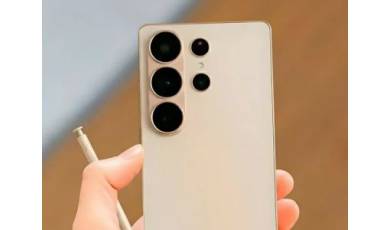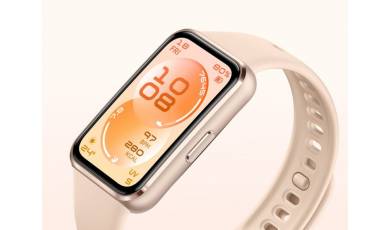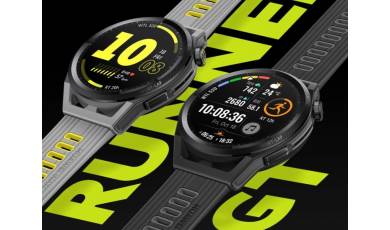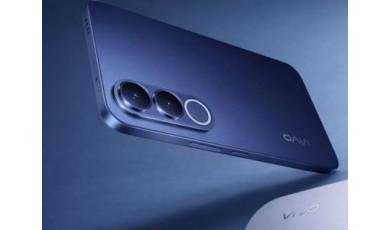BlackZone S3 specs.
Mobiles >> BlackZone >> BlackZone S3| Specifications | Reviews | Secret codes |
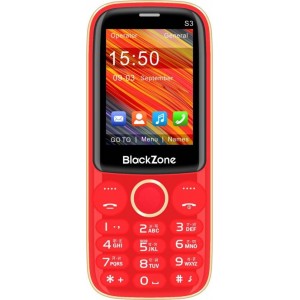
Memory BlackZone S3
Expandable Memory:
Yes, Up to 32 GB
Display BlackZone S3
Screen Size: This diagonal display size is usually measured in inches.
This diagonal display size is usually measured in inches.
2.4 inches (6.1 cm)
Screen Resolution: Screen resolution refers to the size of the image received on the screen in pixels
Screen resolution refers to the size of the image received on the screen in pixels
240 x 320 pixels
Display Type:
TFT
Pixel Density:
167 ppi
Main Camera BlackZone S3
Screen Resolution: Screen resolution refers to the size of the image received on the screen in pixels
Screen resolution refers to the size of the image received on the screen in pixels
0.3 MP Primary Camera
Camera Features:
Digital Zoom
Image Resolution:
640 x 480 Pixels
Flash:
Yes, LED Flash
Connectivity BlackZone S3
Network:
2G
Bluetooth: Bluetooth is used to exchange data between nearby mobile devices.
Bluetooth is used to exchange data between nearby mobile devices.
Yes
SIM 1:
2G Bands: GSM 1800 / 900 MHz
SIM 2:
2G Bands: GSM 1800 / 900 MHz
Multimedia BlackZone S3
Audio Jack:
3.5 mm
FM Radio:
Yes, Wireless FM
Special Features:
Torch Light, Multi Languages, Auto Call Recording
Body BlackZone S3
Colours:
Blue, Red
Battery BlackZone S3
Capacity:
3000 mAh
Type:
Li-ion
Removable:
Yes
Comments, Questions and Answers about BlackZone S3
Ask a question about BlackZone S3

